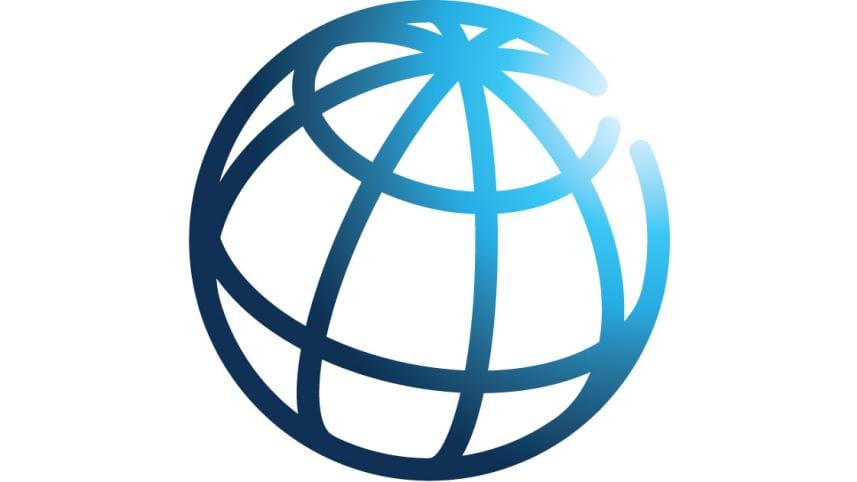One in five non-poor houses at risk of becoming poor: WB

Despite the significant progress in reducing poverty in Bangladesh, about one in five of the non-poor households remain at high risk of falling below the poverty line, according to a study by the World Bank.
The study was presented during a session on "Poverty in Bangladesh based on HIES 2022" at an annual conference of the Bangladesh Institute of Development Studies (BIDS), which began at Lakeshore Hotel in Dhaka yesterday.
While presenting the paper, World Bank Senior Economist Sergio Olivieri said enhancing access to basic services contributed the most to reducing household vulnerability to poverty.
Still, nearly half of all households in the country remain vulnerable to slipping back into poverty as unavoidable natural shocks threaten their income, he added.
This includes severe illnesses or accidents affecting non-income earning members, reduced income of earning members due to job losses and natural disasters such as flooding.
A majority of 63 percent of the vulnerable households used their savings to cope with these shocks while about 21 percent reduced consumption to redirect funds.
But poor households were the worst affected as they had to seek additional sources of income while also reducing consumption. Some 53 percent of poor households reported using their savings to cope with shocks while 31.4 percent had reduced consumption.
Defining vulnerability as the propensity or predisposition to be adversely affected or unable to cope with natural shocks, the study said overall poverty vulnerability remained stagnant between 2010 and 2022.
However, survey results from urban and rural areas at the divisional level revealed significant changes in poverty vulnerability, it added.
Extreme poverty vulnerability fell faster in rural areas but remains above that seen in urban areas around a decade ago. Still, four out of five of the extremely poor households belong to rural areas, it said.
"Despite improvements in reducing physical propensity to severe losses, the inability to cope and high volatility of consumption pose major challenges to policymakers," it added.
The findings of the study suggested that investing in education to improve its quality is fundamental to increasing incomes and preparing for or coping with shocks.
Also, enhancing infrastructure increases access to markets and supports risk management and resilience, it said.
Furthermore, the World Bank stressed the need for expanding insurance and increasing financial literacy, access to credit, formal insurance, other financial products such as mobile money, and safety nets, which are the last resort for chronically or extremely poor households.



 For all latest news, follow The Daily Star's Google News channel.
For all latest news, follow The Daily Star's Google News channel.
Comments